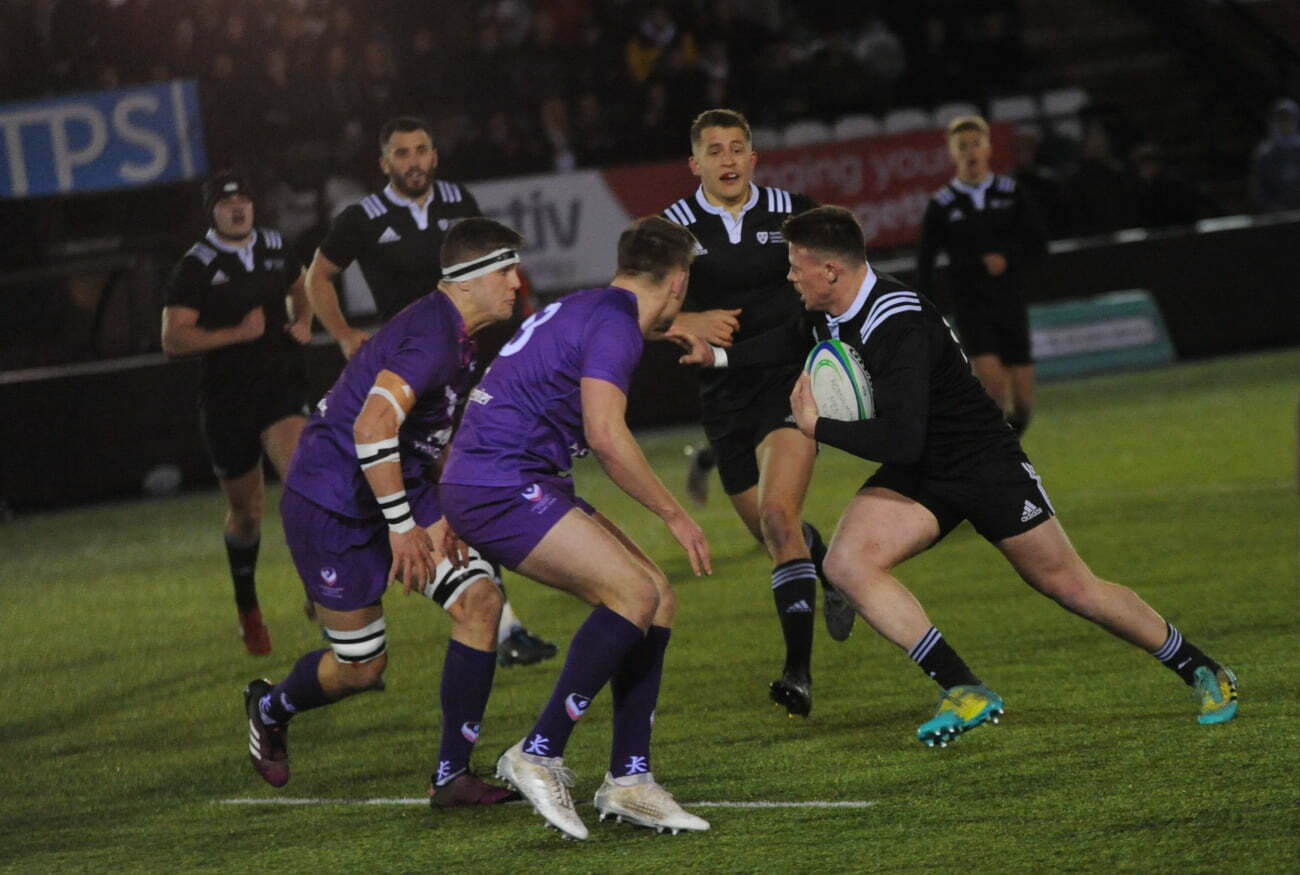Mike Watterson obituary
Mike Watterson, who has died aged 76, helped to transform snooker and darts within the Seventies and 80s into fundamental televised sports enjoyed through millions. He additionally had eventful spells with Derby County and Chesterfield football clubs and brought floodlit cricket to Britain.
Watterson’s finest leap forward got here in 1976. That year’s World Snooker Championship turned into a cut-up between Middlesbrough town corridor and the Wythenshawe Forum in Manchester. It turned into beset with troubles, and there was a real possibility that the sponsors, Embassy, could pull out, bringing the tournament to a quit.
In August of that year, Watterson married Carole Walker. Around that point, she went to peer a play at the Crucible in Sheffield, a theatre-in-the-spherical that she realised could be an excellent venue for snooker.

Watterson phoned the Crucible’s supervisor, Arnold Elliman, and asked him whether he should level the World Championship there. They measured the level (36ft), and there has been just enough room for two tables. The tournament occurred at the Crucible the subsequent year and has remained in that talismanic building ever since.
Born and knowledgeable in Chesterfield, Derbyshire, Watterson became the 1/3 of four children of George, a steelworker, and his spouse, Olive (nee Pilkington). After finishing school, he labored as a car salesman in Sheffield and became one of the first people in Britain to promote the Vauxhall Viva while it was launched in 1963.
With razor-sharp thoughts and an eye for a good deal, he becomes correct at his task and, having escaped the hardships of his formative years, enjoying life’s indulgences, particularly luxurious vehicles.
A first strive at selling snooker got here in 1972, whilst Watterson staged a two-night suit between Ray Reardon and the newly crowned maverick world champion, Alex Higgins, at Staveley Miners Welfare club Derbyshire, attracting one hundred forty spectators. Snooker’s profile had risen in the preceding 3 years thanks to BBC Two’s Pot Black collection, and Watterson noticed possibilities to enlarge and make the game greater professional.
The assessment between the 1976 World Championship and the subsequent 12 months’ highly-priced surroundings of the Crucible could not have been greater placing: the modern-day professional snooker tour turned into born.
Later in 1977, Watterson created the UK Championship from scratch, and he also diligently constructed relationships with sponsors and broadcasters. As a result, by the early 80s, the BBC and ITV have been displaying hundreds of hours of snooker each year. The British Open, International Open, and World Cup have become a part of Watterson’s portfolio within a few years, which means he created and promoted almost all of the important expert activities of the generation.
He also got here up with the idea of a World Professional Darts Championship, in part prompted through a desire to assist his buddy John Lowe in earning a first-rate dwelling from the sport. The inaugural tournament turned into staged in 1978, and a year later, Watterson created a gadget of sets and legs for the darts and indoor bowls occasions he promoted. The layout stays famous with broadcasters as it ensures a climax roughly every 20 mins.
Aside from his commercial enterprise dealings, Watterson changed into an excellent snooker player himself: the 1978-79 season, wherein the received big novice titles, was his nice. Two years later, he won professional status and, despite being beyond his high, finished victories over some of the leading gamers, consisting of Higgins. He had a maximum world ranking of 34.
Between 1977 and 1979, floodlit cricket had won popularity in Australia through Kerry Packer’s World Series, and Watterson brought the idea to Britain in 1980 with a six-a-facet event between Derbyshire, Yorkshire, Nottinghamshire, and Kent at Bramall Lane in Sheffield. A year later, he created the first UK Indoor Bowls Championship at Preston Guild Hall.
Watterson had an eventful spell as chairman of Derby County within the early 80s. First, he sought to carry Brian Clough, the European Cup-triumphing supervisor of arch-rivals Nottingham Forest, lower back to the membership he had left a few years in advance, however when that technique failed, he persuaded Clough’s former assistant, Peter Taylor, out of retirement to become a manager.
It turned into a choice he would later have a purpose to regret, and battles inside the boardroom, combined with disillusionment on the membership’s hooligan hassle, brought about his departure in 1983. In June of that 12 months, Watterson stored his neighborhood club, Chesterfield, from being wound up within the high court by settling tax and customs debts totaling £91,000, and later went directly to function chair for 12 months.
Petty jealousies, backstabbing, and boardroom bickering had led to Watterson being squeezed out of darts and snooker promotions using 1983, and long years of mismanagement followed in each sport. Watterson’s bitterness approximately the manner he had been treated stayed with him, and he had correctly retired by the mid-80s, nevertheless handiest in his 40s.
He mainly centered thereafter on family existence, in addition to managing his big belongings and percentage portfolios, but for the duration of the early 90s had a spell as a snooker commentator for Eurosport and Sky TV, persevering with so until the middle of the decade, whilst he stood down to spend the iciness months in Spain.
He is survived with the aid of his 0.33 spouse, Diane (nee Payne), a chiropodist, and his 3 children, Dean, from his first marriage, to Daphne, which ended in divorce, and Andrew and Nicholas, from his marriage to Carole, who died in 1991.





















